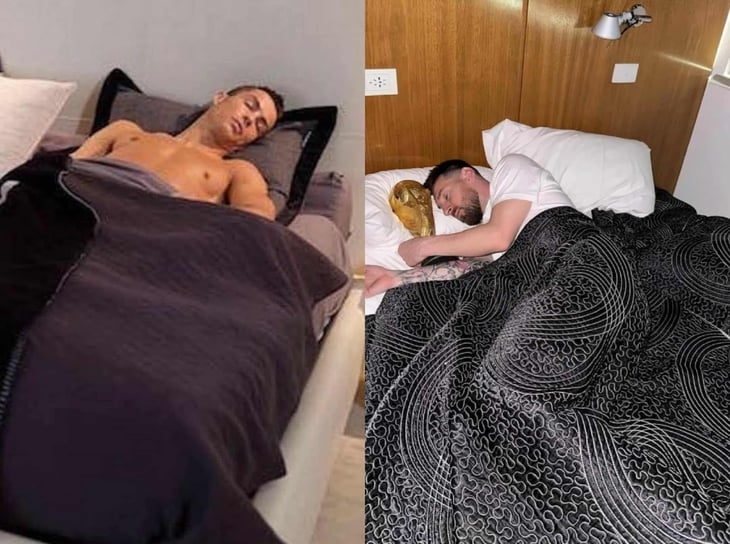
Messi and Ronaldo have 2 different ways of sleeping - Photo: CL
While Messi prioritizes long, deep, and natural sleep, Ronaldo applies the polyphasic sleep method, dividing it into many periods to optimize muscle recovery.
This has been a topic of research by European sports scientists . Marca newspaper assessed that this difference reflects the contrasting personalities of the two stars.
For Ronaldo, the strategy of frequent naps comes from advice from British sleep scientist Nick Littlehales.
According to Marca , Ronaldo divides his daytime sleep into five 90-minute naps, instead of one long nap at night. The scientific term for this method is “polyphasic sleep”, which has been studied to improve recovery in high-pressure environments.
“Polyphasic sleep helps athletes maintain a constant recovery advantage, reduces fatigue and keeps the body in better hormonal balance,” says sleep expert Nick Littlehales.
Ronaldo also limits phone use before bedtime, avoids blue light and controls his sleeping position to optimize his breathing.
On the contrary, Messi is known for his traditional sleeping style, actively prolonging deep sleep at night and maintaining the habit of napping. ESPN once noted that the Argentine superstar prioritizes quality sleep based on body sensations, not following a scientific formula like Ronaldo.
According to sleep neurologist Daniel Gartenberg (Penn State University), deep sleep of 7 to 9 hours helps the brain restore the immune system. At the same time, it strengthens motor memory and reduces the risk of injury.
For a player who relies on ball feel and soft handling, mental agility is key.
The contrast between the two methods reflects different physical training philosophies. Ronaldo builds his body by optimizing every detail, from nutrition to sleep to micro-recovery.
Messi, on the other hand, believes in natural circadian rhythms, which are associated with a fluid, sensory style of play. According to the scientific journal Sleep Medicine Reviews , polyphasic sleep is suitable when training schedules are intense and muscles need many short recovery cycles.
However, research also warns that this method can easily cause sleep deprivation if applied incorrectly and reduce neurological performance in the long term. In contrast, traditional sleep ensures stability, strengthens the hormone melatonin and regenerates deep tissues. But it lacks flexibility if the schedule of competition and travel is stressful.
Dr. Edwin Tong, a sports expert at the Singapore Institute of Exercise Science, told CNA Sport that athletes under high pressure should adjust their sleep patterns according to their body's needs, and cannot mechanically copy others.
“Some athletes respond well to polyphasic sleep, but most still need uninterrupted night’s sleep to optimize cognitive function,” he says, explaining why Messi opts for stability while Ronaldo seeks high-frequency recovery.
For the average person, organizations like the National Sleep Foundation (USA) recommend 7-9 hours of sleep per night, without further diversion without professional guidance.
Polyphasic sleep can disrupt your circadian rhythm, increase stress, and decrease concentration. However, short naps of 15-30 minutes have been shown to improve alertness and performance.
It can be seen that both Messi and Ronaldo achieve optimal performance in their own way, based on their physique, habits and personal sports philosophy.
The key is not to sleep like everyone else, but to understand your body’s signals, maintain discipline, and ensure quality deep sleep. For most people, a long night’s sleep pattern supplemented with a reasonable afternoon nap is still the safest and most sustainable option.
Source: https://tuoitre.vn/vi-sao-messi-ngu-dai-ronaldo-ngu-ngan-2025110710362597.htm




![[Photo] Da Nang: Hundreds of people join hands to clean up a vital tourist route after storm No. 13](https://vphoto.vietnam.vn/thumb/1200x675/vietnam/resource/IMAGE/2025/11/07/1762491638903_image-3-1353-jpg.webp)
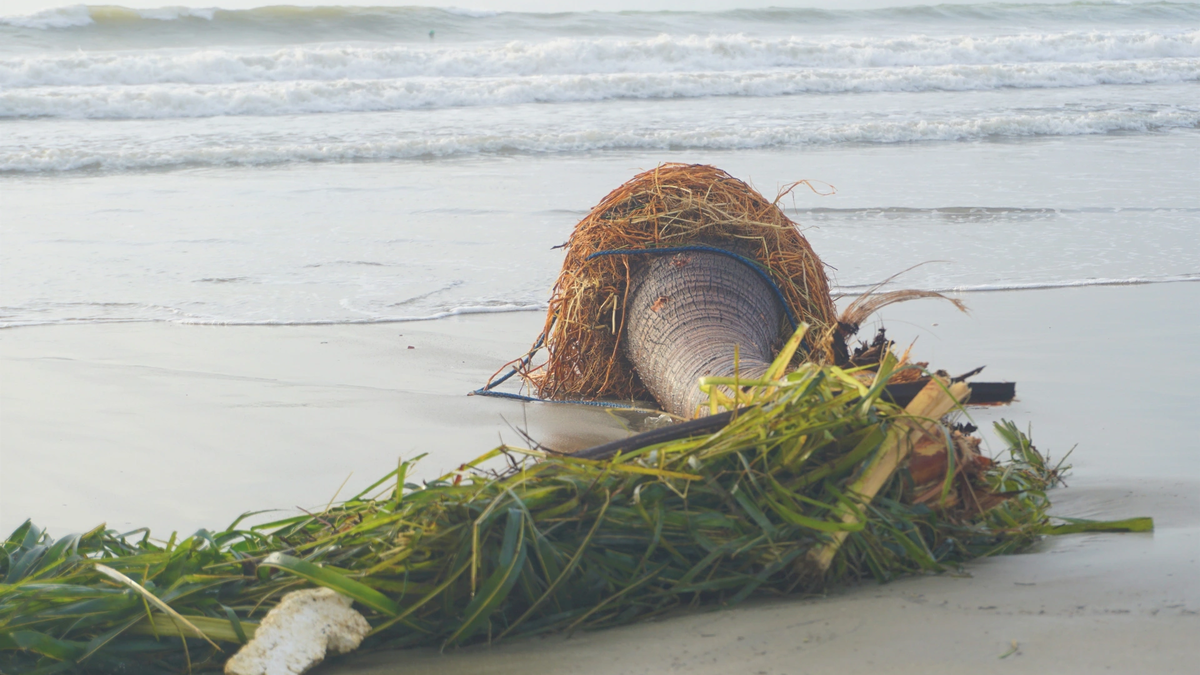


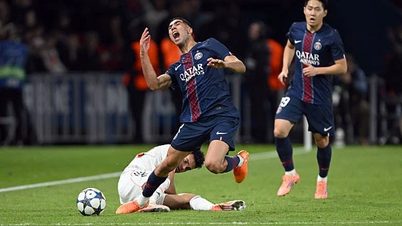

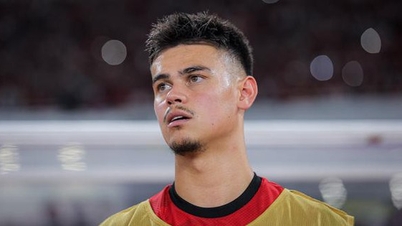



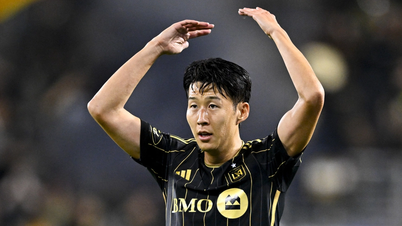
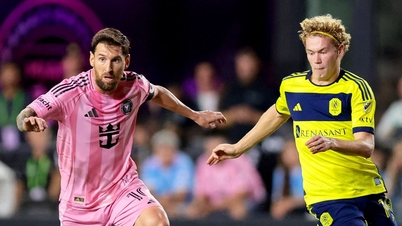
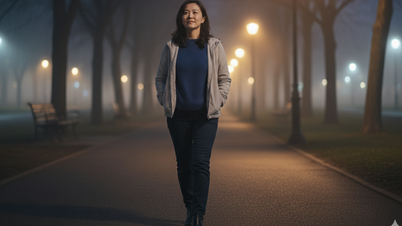

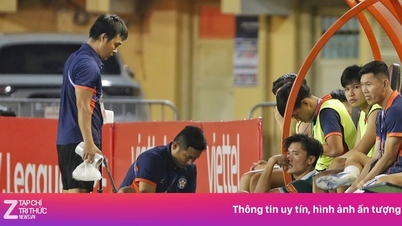

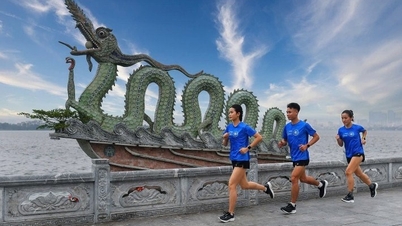



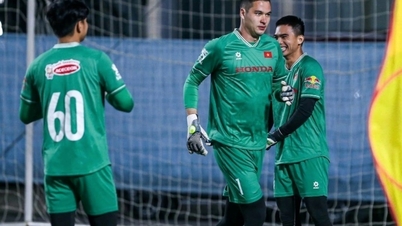







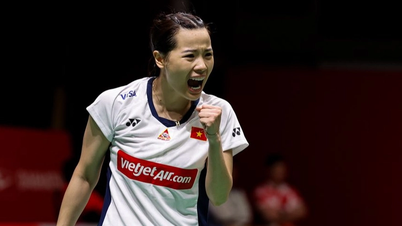
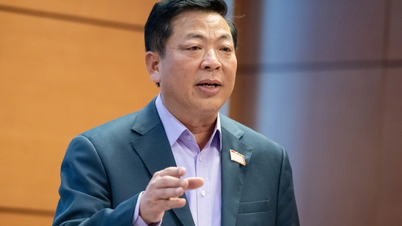

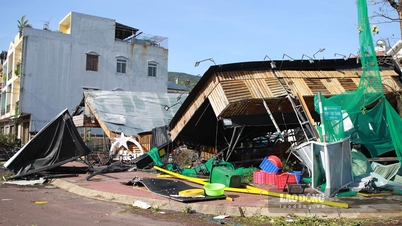

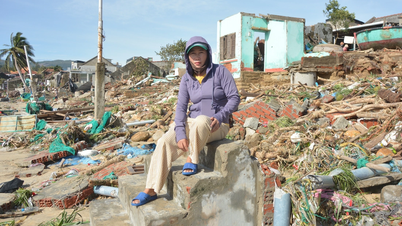
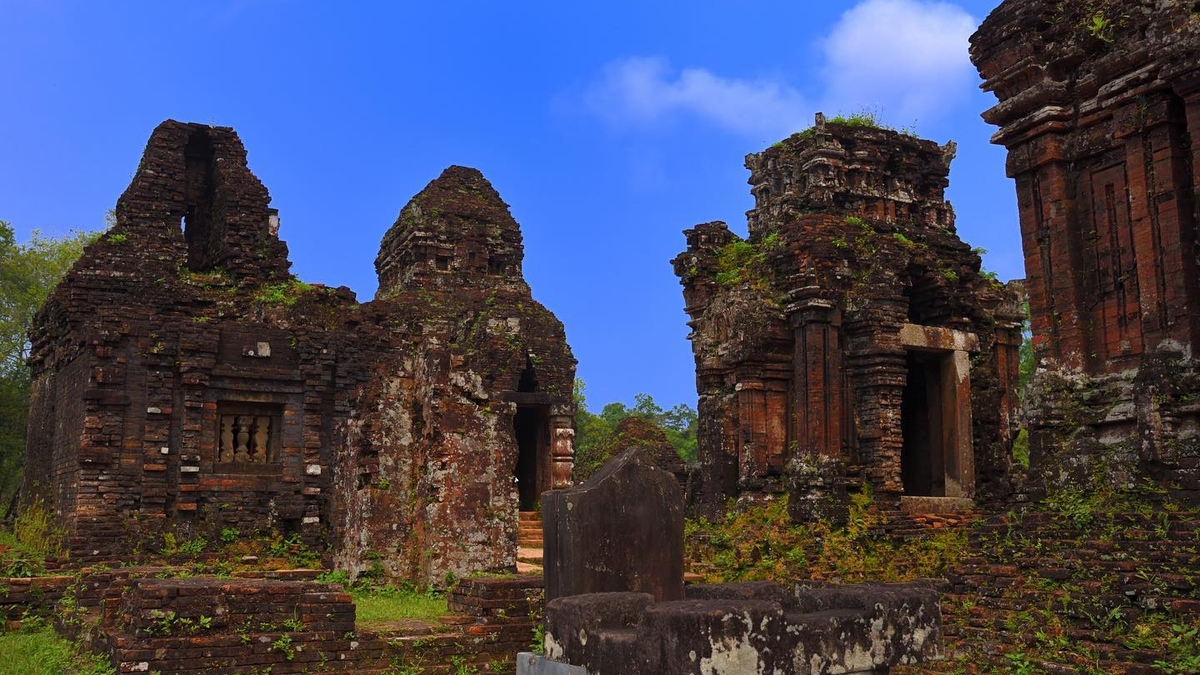













































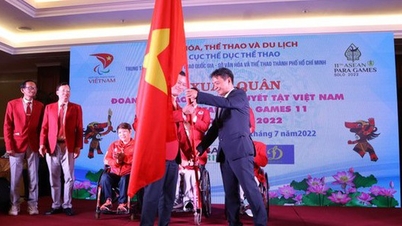
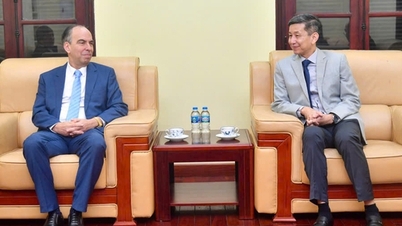
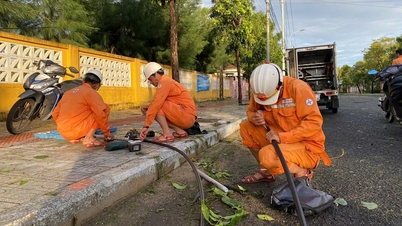


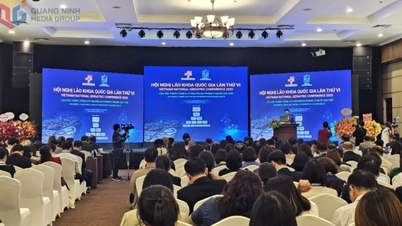



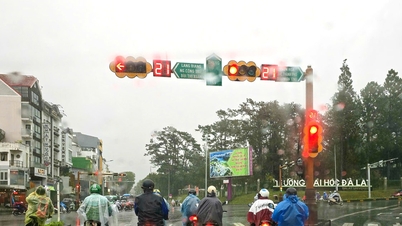

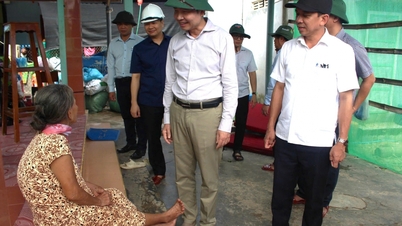















Comment (0)